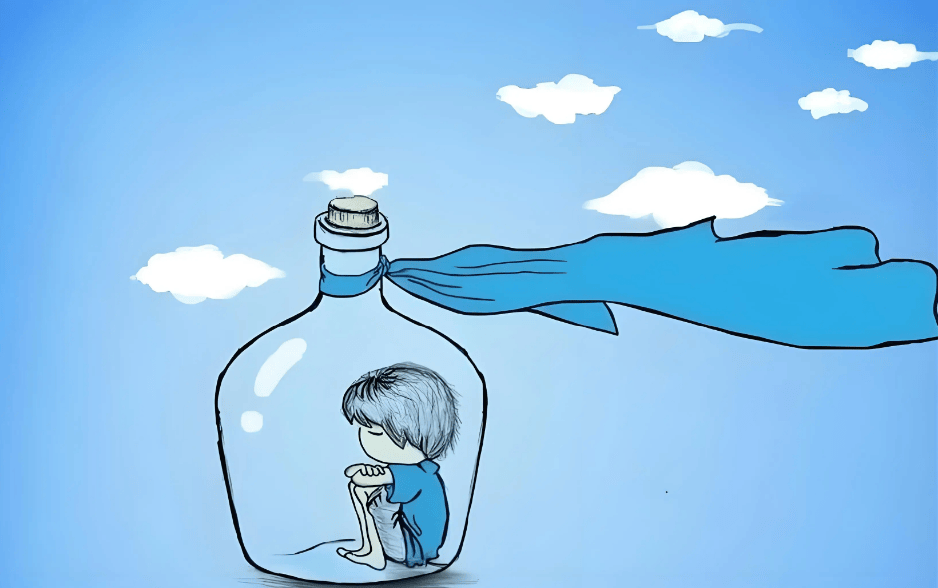Depression, as a common mental health issue, affects billions of people worldwide. It is not just a “feeling down” or “temporary sadness,” but a persistent emotional disorder that impacts daily life. Understanding the early symptoms of depression is crucial for timely identification, intervention, and treatment. Here are some typical manifestations of early-stage depression:
Signs of early-stage depression
1. Persistent feeling of sadness
Individuals with depression often experience unexplained sadness, despair, or emptiness. This emotion is not directly linked to external factors and lasts for an extended period, possibly exceeding two weeks or even longer. Even activities they used to enjoy become challenging to evoke interest.
2. Loss of interest
Significant decrease in interest in daily activities, work, study, or hobbies, feeling bored or having no interest. Things once passionate about now seem dull, and social activities no longer appeal.
3. Decreased energy and feelings of fatigue
Individuals with depression often feel lack of energy, extreme fatigue even without physical exertion. This fatigue is different from tiredness due to exhaustion and is not relieved even after resting.
4. Sleep disturbances
Sleep problems are common symptoms of depression, manifesting as difficulty falling asleep (insomnia), early waking, or oversleeping with poor quality. Prolonged sleep disturbances can further intensify depressive moods.
5. Appetite changes
Individuals with depression may experience significant changes in appetite, some overeating leading to weight gain (atypical depression), while more commonly, loss of appetite resulting in noticeable weight loss.
6. Decreased focus and memory
Patients may find it hard to concentrate, experience memory decline, slow thinking, and weakened decision-making abilities. These symptoms disrupt work, study, and daily life.
7. Decreased self-worth
Individuals with depression often have negative self-evaluations, considering themselves incompetent, worthless, unlovable, and may even have feelings of guilt or suicidal thoughts. This is one of the most dangerous symptoms of depression.
8. Emotional fluctuations and irritability
Aside from persistent sadness, patients may also exhibit significant emotional swings, becoming easily annoyed, irritable, or emotionally unstable over trivial matters.
9. Physical discomfort
Depression may also accompany a range of physical discomfort symptoms such as headaches, back pain, chest tightness, and digestive issues. These symptoms are often unidentifiable but do exist and impact the quality of life for patients.
It is worth noting that everyone’s experience is unique, and the above symptoms do not necessarily have to all be present for a diagnosis of depression. If you or someone around you shows some of the above symptoms and they persist for a period of time, it is advisable to seek professional mental health services promptly. Depression can be alleviated and recovered through treatment; what’s important is to courageously face it and actively seek help. Remember, you are not alone, there are always people willing to listen and support you.


